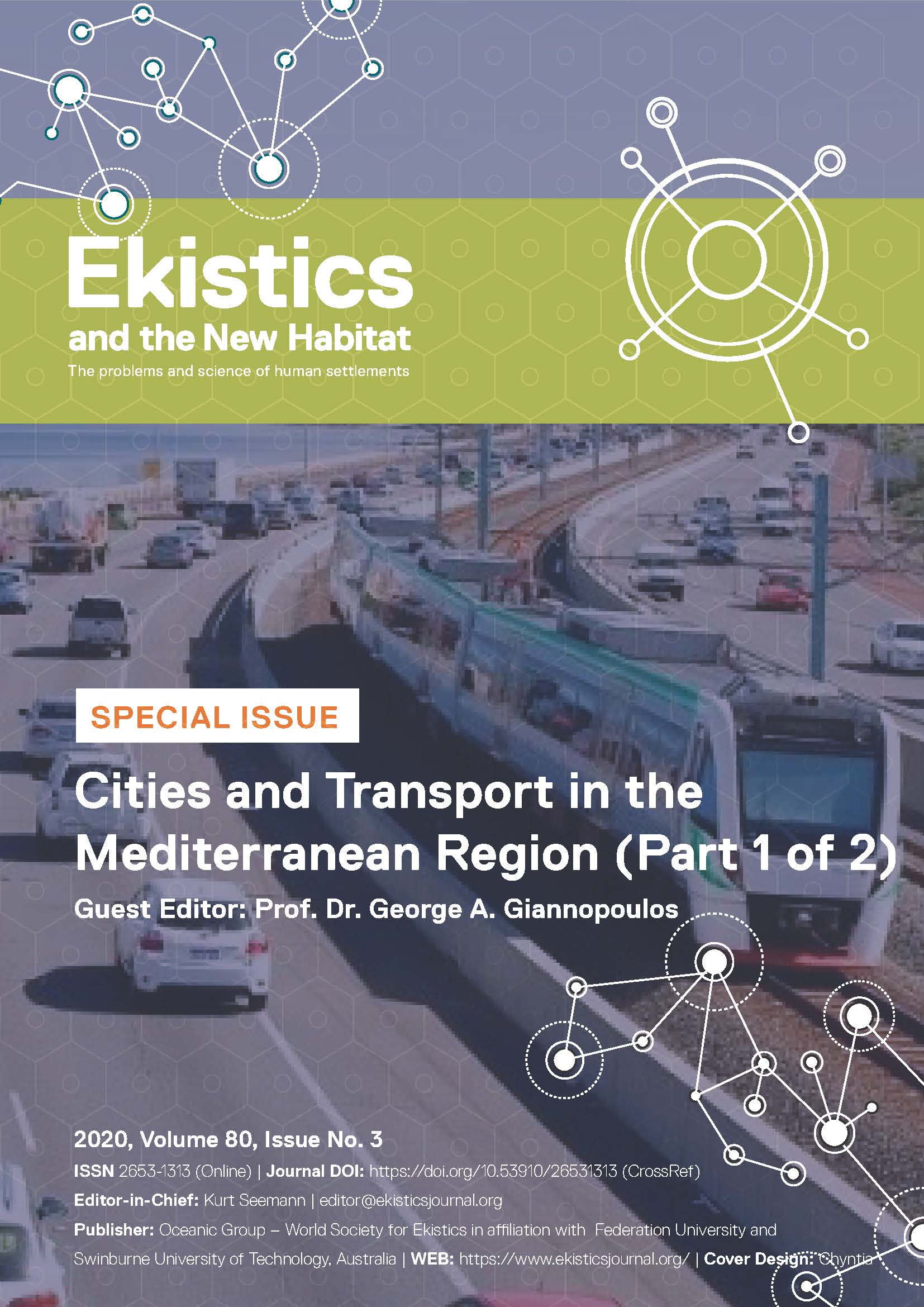On User Perception of Mobility Patterns, Problems and Efficient Measures for University Campuses in Mediterranean Countries
DOI:
https://doi.org/10.53910/26531313-E2020803514Abstract
University campuses are a microcosmos of the urban landscape and an excellent testbed for implementing and evaluating novel mobility policies regarding public transport and multimodality. Nevertheless, reality shows that the mobility tools and policies implemented on campuses are not always efficient, nor consistent with the needs of the faculty, students, and staff. The objective of this paper is to develop two multivariate structural equation models to identify the most efficient measures based on user perception of mobility patterns and several other parameters including the type of area in which the campus is located (inside/outside) and the demographic characteristics (gender, affiliation, age group, residence, yearly income etc.). Data comes from a questionnaire survey that took place in seven University Campuses. In order to efficiently represent the interactions between the problems and the relevant measures, two latent variables have been developed describing the perception of users for mobility problems, as well as measures needed to enhance mobility. Results indicate that in campuses located inside urban areas the perceived measures needed to enhance mobility are correlated with the perception of users for existing mobility problems in relation to the accessibility of campus, the gender of the user and two transport modes. Regarding campuses located outside urban areas indicative results include that the yearly income of the user affects the use of passenger cars, that trip duration affects walking and motorcycling, and that cycling is affected by age whereas the use of public transport is correlated with the duration of the trip and the yearly income.
Downloads
Published
How to Cite
Issue
Section
Categories
License
Copyright (c) 2021 Ekistics and The New Habitat

This work is licensed under a Creative Commons Attribution-NonCommercial-NoDerivatives 4.0 International License.
Please contact the Editor-in-Chief: editor@ekisticsjournal.org, should you have any questions on copyright for your submission.
This research journal is for Educational and Knowledge development purposes.
All material published on this site complies with our copyright and terms as described by the Attribution-NonCommercial-NoDerivaties 4.0 International (CC BY-NC-ND 4.0)






